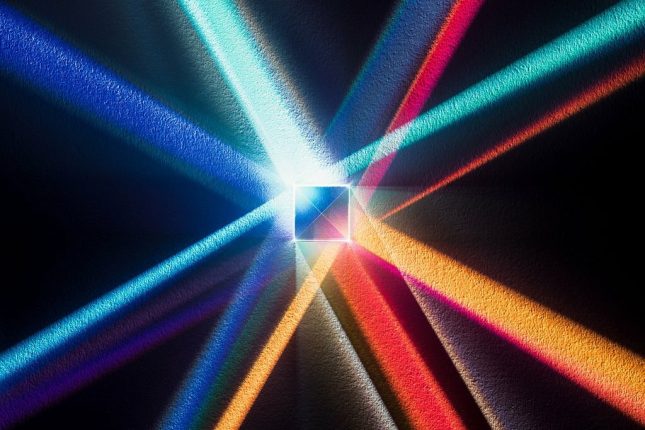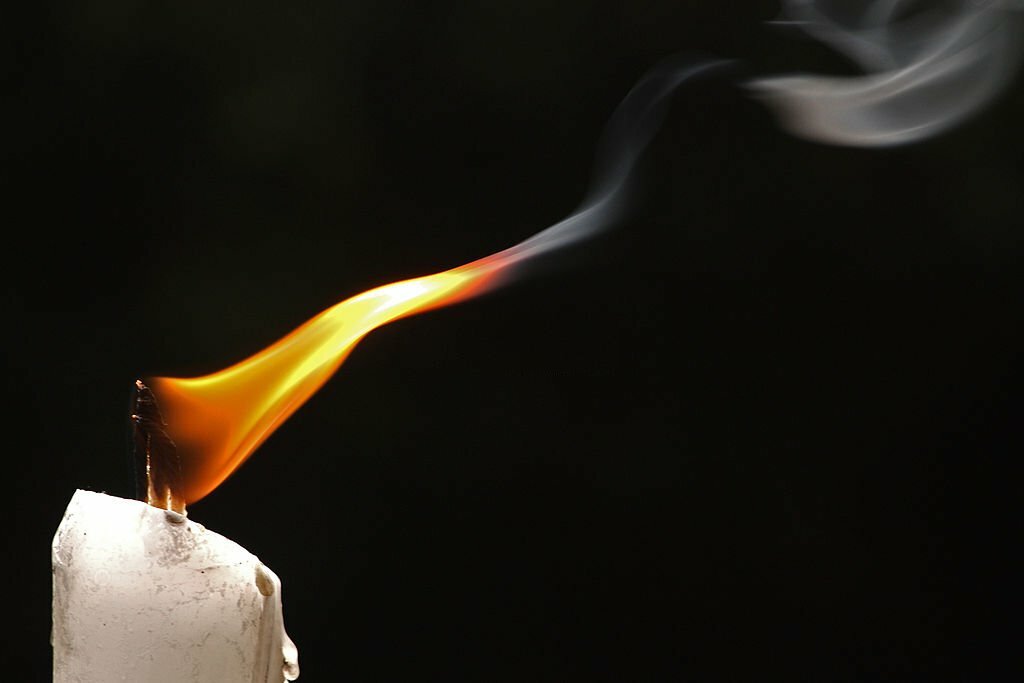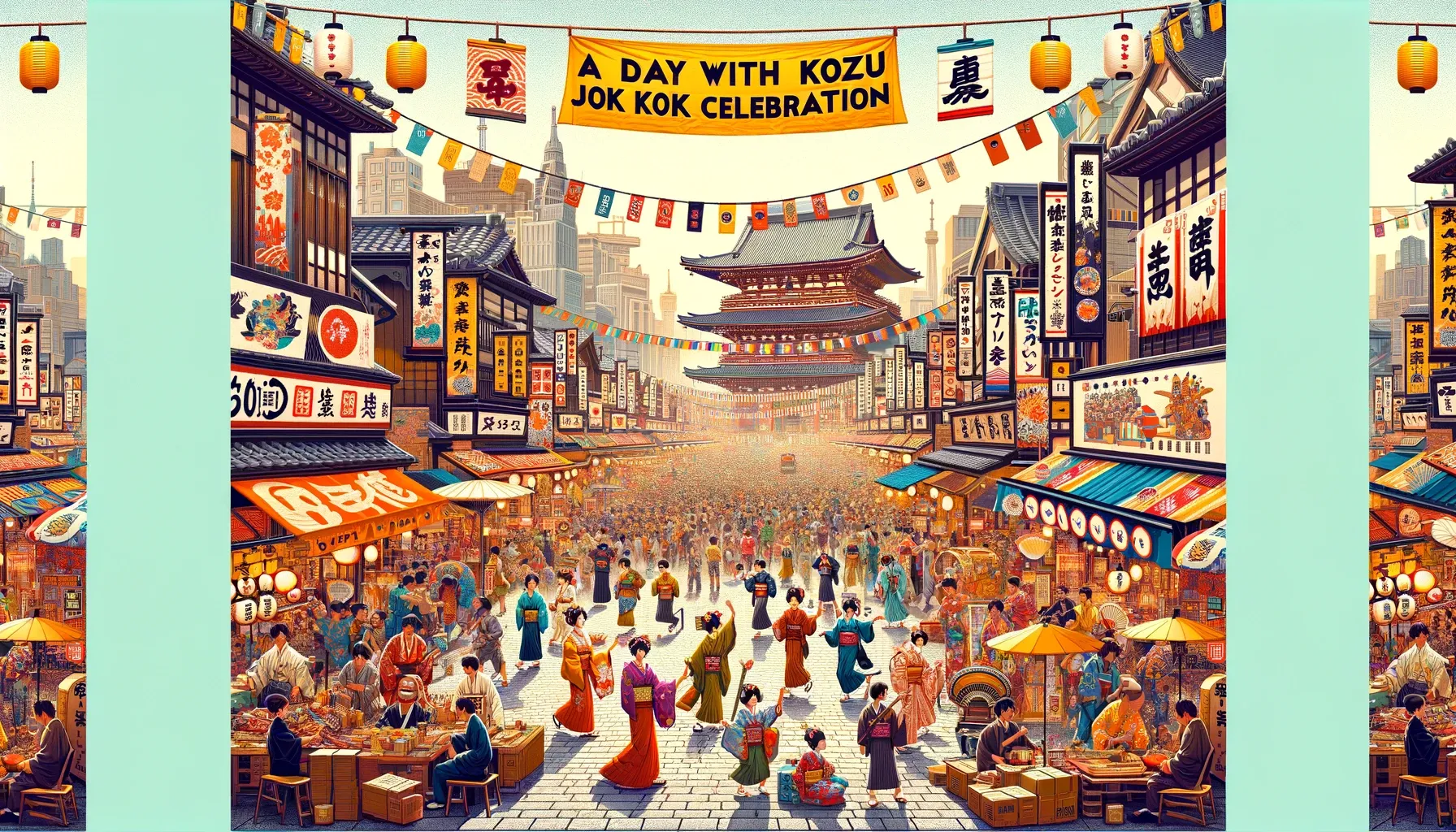Discover the curious phenomenon of Candle Flame Looks Odd. Dive into the science behind it and satisfy your curiosity! 🔍✨
In the mesmerizing dance of light and shadow, the flickering flame of a candle unveils a captivating spectacle. Have you ever wondered why the shadow cast by a candle flame seems to defy conventional expectations? Join us on an illuminating journey as we unravel the mysteries behind this intriguing phenomenon.
Why the Shadow of Candle Flame Looks Odd?
| Question | Answer |
|---|---|
| Why does the shadow of a candle flame look odd? | The shadow of a candle flame looks odd because it is not a sharp shadow. The flame is a hot gas, and the hot air around it refracts light, causing the shadow to be blurred and distorted. |
The Physics of Illumination
Candle Flame Dynamics
At the heart of this enigma lies the intricate physics of a candle flame. The flame’s core comprises various zones, each with distinct temperature and luminosity. These zones, including the outermost non-luminous zone and the inner blue cone, contribute to the interplay of light and shadow.
Refraction and Reflection
The peculiar appearance of a candle’s shadow stems from the interplay of refraction and reflection. As light travels through the ever-changing atmosphere surrounding the flame, it bends and refracts, creating a dynamic shadow that appears to dance in tandem with the flickering flame.

The Influence of Surroundings
Surface Interaction
The surface upon which the shadow falls plays a crucial role in shaping its odd characteristics. A smooth, reflective surface enhances the play of light, contributing to a more pronounced and intricate shadow display. In contrast, a textured or uneven surface may diffuse the shadow, creating a softer, less defined silhouette. Click to read about Zuko Time Travel Agni Kai Fanfic.
Ambient Light Conditions
Consider the ambient lighting conditions in the room. The intensity and direction of ambient light significantly impact the perceived shape and size of the candle’s shadow. Experimenting with different lighting setups can reveal a myriad of shadow variations, each adding a layer of complexity to the visual spectacle.
Psychological Perceptions
Human Visual Interpretation
Beyond the realm of physics, the human mind’s interpretation adds another layer to the perception of the candle’s shadow. Our brains, wired to seek patterns and meaning, may perceive abstract shapes or illusions within the dancing shadows, enhancing the overall fascination with this phenomenon.
Cultural Symbolism
In various cultures, the dancing shadows of a candle flame hold symbolic significance. From representing the transient nature of life to embodying spiritual energy, the interpretation of candle shadows spans a rich tapestry of cultural and historical meanings.
Practical Experiments
Shadow Play Experiment
To truly grasp the intricacies of the candle flame shadow, engage in a simple yet enlightening experiment. Place a candle in a controlled environment, vary the lighting conditions, and observe how the shadow morphs and transforms. Documenting these changes can provide valuable insights into the factors influencing the shadow’s odd appearance.
Final Words
The shadow cast by a candle flame, though seemingly odd, is a harmonious interplay of physics, environment, and human perception. As we delve into the nuances of this captivating phenomenon, we unveil a world where light and shadow conspire to create an ever-changing dance that transcends the ordinary.




